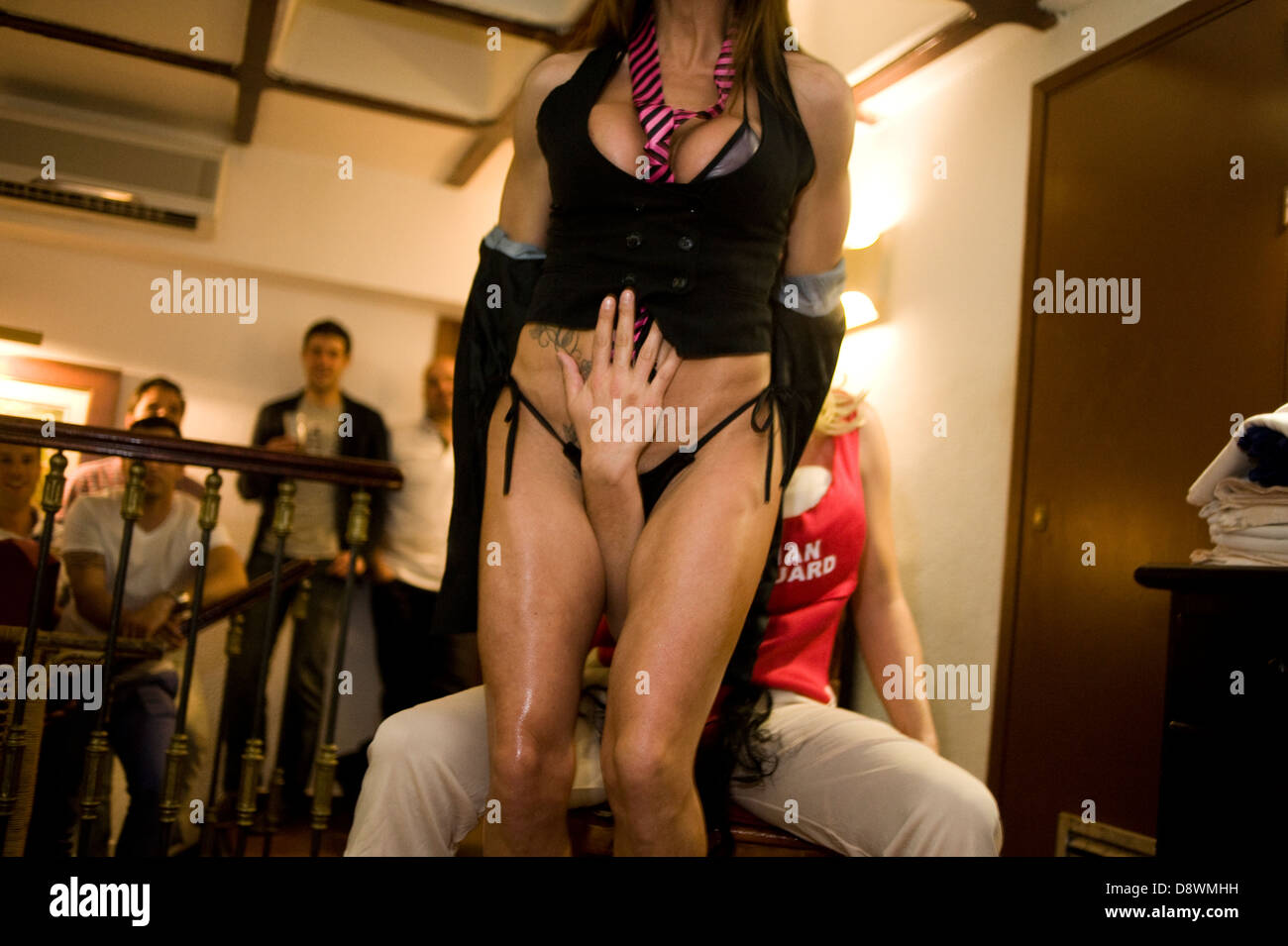
WEIGHT: 54 kg
Breast: 36
1 HOUR:70$
Overnight: +40$
Services: Cross Dressing, Gangbang / Orgy, Cross Dressing, Lesbi-show soft, Anal Play
O n a sunny morning in Madrid, two young women duck down a side street, into a residential block and up to an apartment front door. Then they start knocking. Marcella and Maria spend a lot of time banging on doors and yelling through letterboxes all over the city. Most of the time, these doors never open. When they do, the two women could find themselves in trouble.
Yet they keep on knocking, because they have been on the other side of those doors, forced to sell their bodies for a handful of euros, dozens of times a day, seven days a week. To say that prostitution is big business in Spain would be a gross understatement. The country has become known as the brothel of Europe, after a United Nations report cited Spain as the third biggest capital of prostitution in the world, behind Thailand and Puerto Rico. Although the Spanish Socialist party, which two weeks ago won another term in government , has promised to make it illegal to pay for sex, prostitution has boomed since it was decriminalised here in Supporters of decriminalisation claim it has brought benefits to those working in the trade, including making life safer for women.

Yet this vastly profitable and largely unregulated market has also become infested with criminality, turning Spain into a global hub for human trafficking and sexual slavery. Prostitution becomes sex trafficking when one person moves, detains or transports someone else for the purpose of profiting from their prostitution using fraud, force or coercion. In the UK, thousands of women are thought to be trapped in sexual servitude, but the scale of the problem in Spain is staggering. Between , security forces in Spain rescued 5, people from slavery but acknowledge that thousands more remain under the control of criminals.
Since it passed its first anti-trafficking laws in , the government has been scrambling to get on top of this crisis, spending millions of euros on an emergency plan to target the individuals and gangs operating with impunity. In , it went further and created formal alliances between security forces, prosecutors, judges and NGOs, to rescue victims and prosecute the perpetrators. Survivors such as Maria and Marcella now find themselves playing a crucial part in bringing the battle to the criminals who once sold and exploited them.

I meet Maria and Marcella, both in their mids, in the offices of Apramp , an organisation set up to protect, reintegrate and assist women in prostitution. Apramp helped them escape their traffickers, and they are now among its outreach workers. Their day job is to identify potential trafficking victims and try to offer them a way out.

































